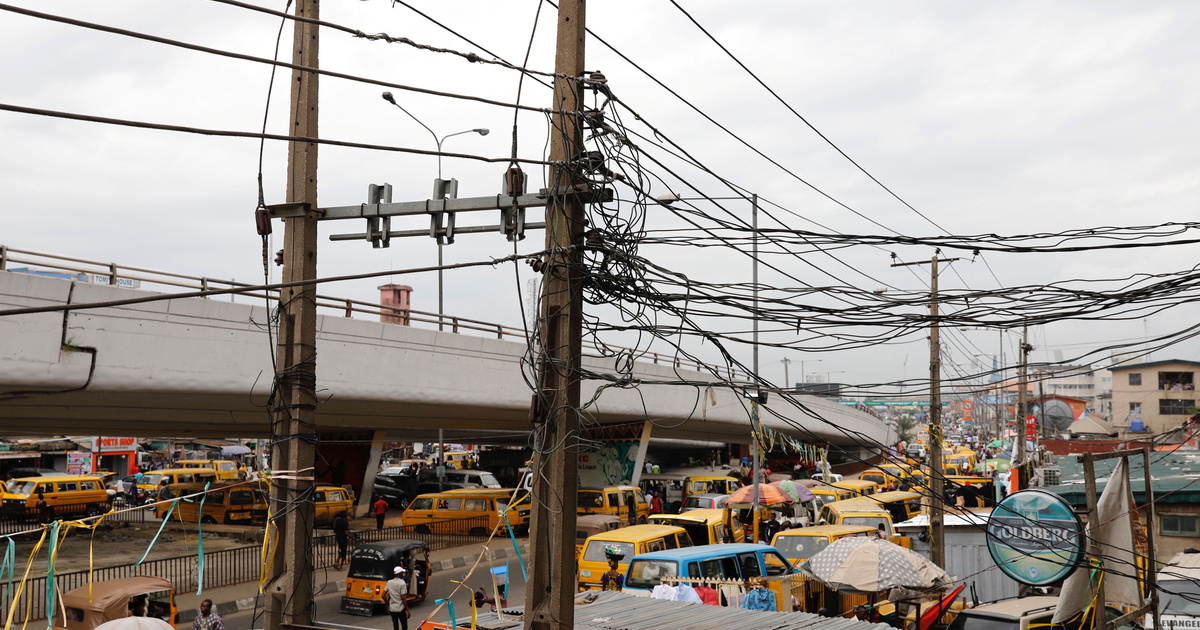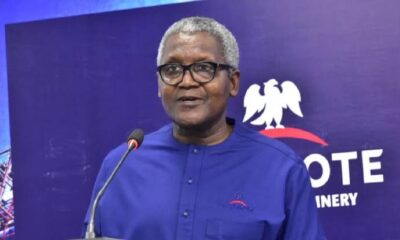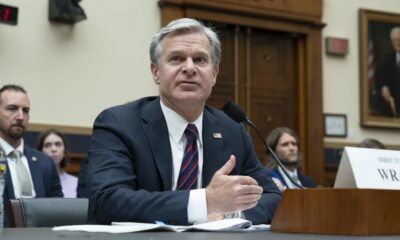NEWS
FG can’t afford electricity subsidy any longer — Minister of Power

In a press conference held in Abuja on Wednesday, the Minister of Power, Adebayo Adelabu, revealed that Nigeria can no longer sustain the burden of subsidizing electricity and must transition towards a cost-effective tariff model.
Adelabu highlighted the nation’s significant debts to generating companies (GenCos) amounting to 1.3 trillion naira and 1.3 billion dollars owed to gas companies, underscoring the urgency for financial reform in the energy sector.
Adelabu disclosed that while only 450 billion naira was allocated for electricity subsidy in the current year’s budget, the ministry requires over 2 trillion naira to meet subsidy demands.
As part of the reform agenda, state governments will now have the opportunity to independently generate power to cater to their respective regions.
Addressing concerns about the recent grid collapses, Adelabu attributed the recurring incidents to various factors including gas shortages, aging infrastructure within the grid system, limited capacity for power evacuation, and damages to power stations in the North-East geopolitical zone.
Regarding the challenges faced by the Transmission Company of Nigeria (TCN), Adelabu revealed that over 100 projects have been abandoned due to fluctuations in contract figures caused by currency exchange rate variations.
Consequently, the TCN will refrain from awarding new contracts until existing projects are completed.
Adelabu also announced significant allocations in the 2024 budget aimed at constructing mini grids to provide electricity to remote areas, underscoring the government’s commitment to expanding access to electricity across the country.
Furthermore, Adelabu issued a stern warning to electricity distribution companies (DisCos), stating that those found to be negligent in their duties risk having their licenses revoked. He emphasized the need for DisCos to enhance their performance and efficiency in service delivery.































